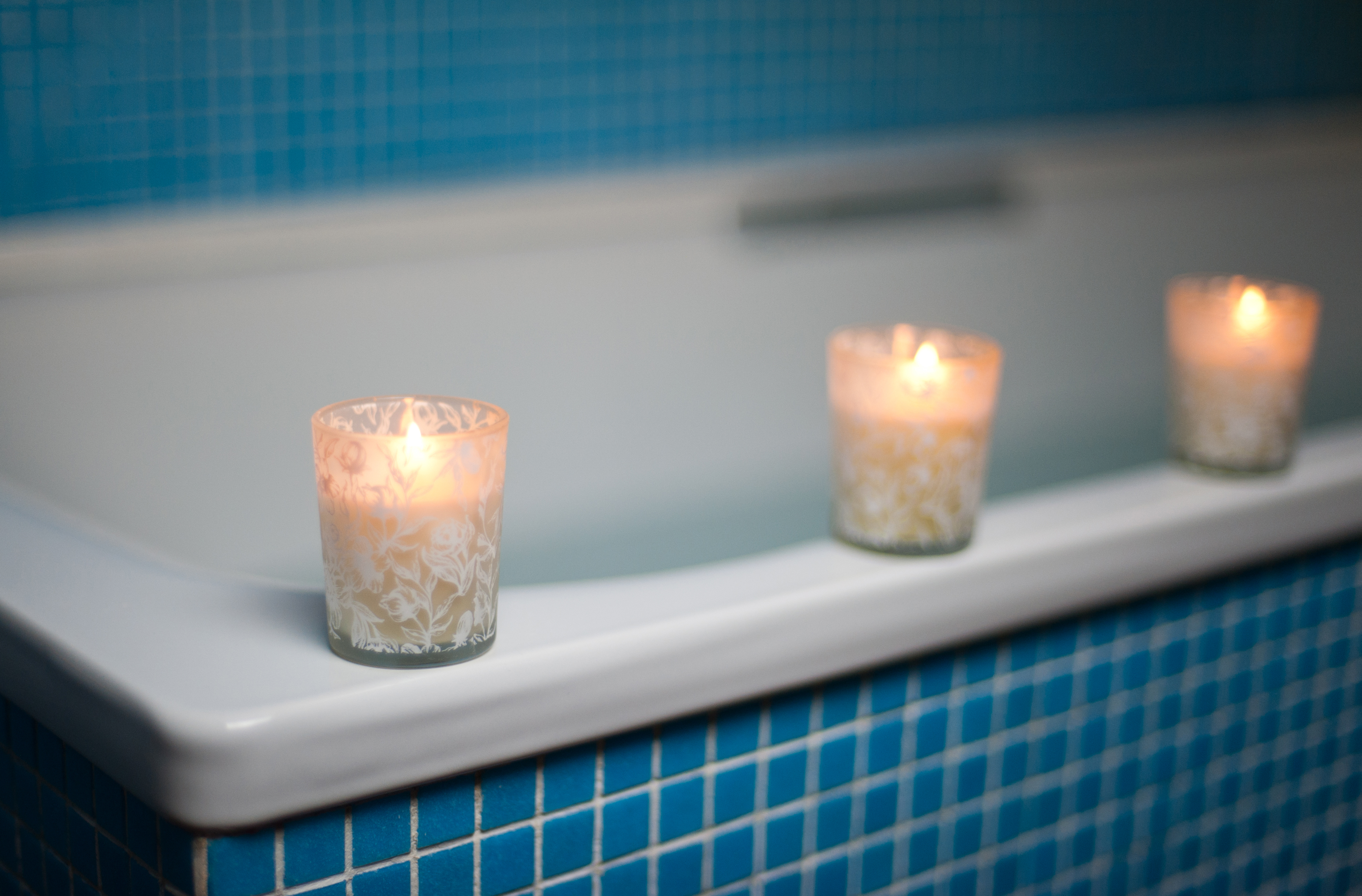Experts warn that scented candles could ‘give off fumes that could cause asthma or even lung cancer’


We all love using scented candles, especially now the colder weather has arrived.
But experts have warned shoppers that these relaxing products could actually be doing more harm than good, due to the fact they give off powerful fumes when lit.
These fumes could cause asthma or even lung cancer, and studies have shown that they could be especially harmful to those who already have respiratory conditions.
Scented candles are usually made with paraffin wax, a substance that is derived from petroleum, coal, or shale oil.

Some brands have a wick that is wrapped around metal and this can produce toxic soot, which could also cause lung problems.
Long-term exposure to the fumes given off by scented candles could lead to cancer, allergies and asthma, suggest scientists from South Carolina University.
Their study revealed that the candles emitted undesired chemicals, because they’re by-products of oil refineries. Dr Ruhullah Massoudi said that it could be ‘dangerous’ to those who use scented candled frequently.
Parenting advice, hot topics, best buys and family finance tips delivered straight to your inbox.
He added, “The paraffin candles we tested released unwanted chemicals into the air.
"For a person who lights a candle every day for years or just uses them frequently, inhalation of these dangerous pollutants drifting in the air could contribute to the development of health risks like cancer, common allergies and even asthma."
During these tests, Dr Massoudi and his team burned scented candles in a chamber, which pumped the gasses into glass containing highly absorbent activated coconut charcoal.
They burnt the candles for 5-6 hours, then analysed the contents by identifying the chemicals in the gasses.
Read more: 28 bargain perfumes that smell just like designer scents
The paraffin-based candles produced clear sharp peaks which indicated the presence of many products; including toluene, alkanes and alkenes, alongside some ketones and aldehydes.
However, researchers noted that emissions from using paraffin candles occasionally are unlikely to affect people. It only becomes a problem when they’re used every day, or they’re lit frequently in an un-ventilated room.
An example of this would be a bathroom without ventilation, when you’re enjoying a nice relaxing bath.
Asthma UK’s Dr Andy Whittamore gave some advice to those who have asthma, or know someone who does. He said, "Although we don’t yet know exactly which chemicals or fragrances are most likely to trigger people with asthma, our advice is for people to avoid them if they notice they cough more or get symptoms such as breathlessness around scented candles."
Research has also been criticised by Cancer Research UK, with a spokesperson saying, “There is no direct evidence that everyday use of candles can affect our risk of developing cancer.”
They added, “In terms of cancer, a far more significant type of indoor air pollution is secondhand cigarette smoke.
"Lifestyle factors such as smoking, alcohol, obesity, unhealthy diets, inactivity and heavy sun exposure account for a much larger proportion of cancers."
The British Lung Foundation said they’d like to ‘reassure’ people, adding, “Occasional use of paraffin candles should not pose any risk to their lung health.”
They added, "However, we would advise people to take sensible precautions when burning candles, such as opening a window to keep the room ventilated to minimise the amount of emissions breathed in."

Lucy Buglass is a Digital Writer for What's on TV, Goodto.com, and Woman&Home. After finishing her degree in Film Studies at Oxford Brookes University she moved to London to begin her career. She's passionate about entertainment and spends most of her free time watching Netflix series, BBC dramas, or going to the cinema to catch the latest film releases.